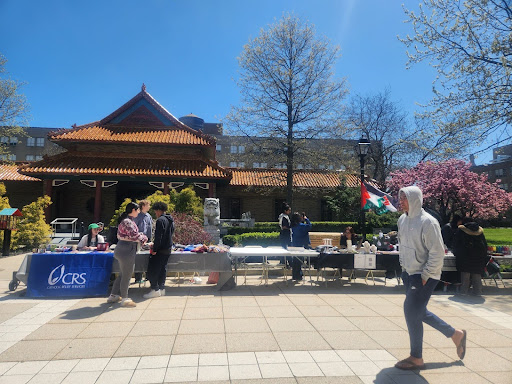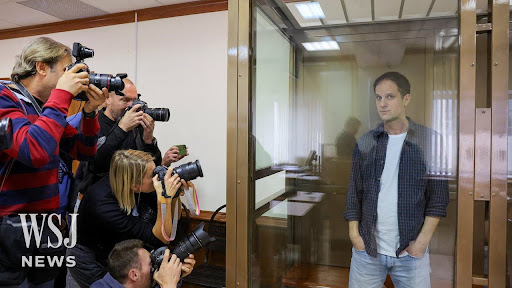On Oct.12, Jason Rezaian, a Washington Post correspondent in Iran, was convicted of espionage. Rezaian has been imprisoned for 448 days and is an example of the freedom of speech oppression in Iran.
According to Freedom House, an American government organization that conducts research and advocates democracy, political freedom and human rights, Iran’s press freedom score is 92 in a range in which 100 represents the very worst. In the country, thousands of journalists have been imprisoned on several accusations. The most common of these are spying and espionage.
The repressive approach of the Iranian government, which often includes harassment, extends to the families of journalists as well.
The most censored media outlet in the country is the Internet. According to the Washington Post, “Almost half of the 500 most popular sites on the Internet are censored.” This does not only limit the necessary work of journalists who are unable to spread news throughout a fundamental medium in this day and age, but it also stunts people’s right to create their own information.
However, this decision does not come from nowhere. In the country, the Press Law states, “Publications and news media shall enjoy freedom of expression provided what they publish does not violate Islamic principles of the civil code.” Americans would think this is unconstitutional, but the Iranian constitution itself limits the freedom of speech by saying that the content of any kind of news should not be “detrimental to the fundamental principles of Islam or the rights of the public.”
Rezaian’s case is only the tip of the iceberg, which is very difficult to melt. While his family and the entire world is praying for his freedom, even larger issues lie beneath the water. The conflict across the Middle-Eastern part of the world and in the Iranian culture shows that repression is not a sustainable public policy.
Sadly, things will not improve just because media outlets all around the world are talking about Rezaian’s case. The Iranian government will always look at freedom of speech as one of the most dangerous threats. They will continue controlling it with close-minded laws that do not reflect the fundamental liberties of the reasonable and industrialized world. This didn’t change yesterday, it is not changing today and it will probably not change tomorrow.
















